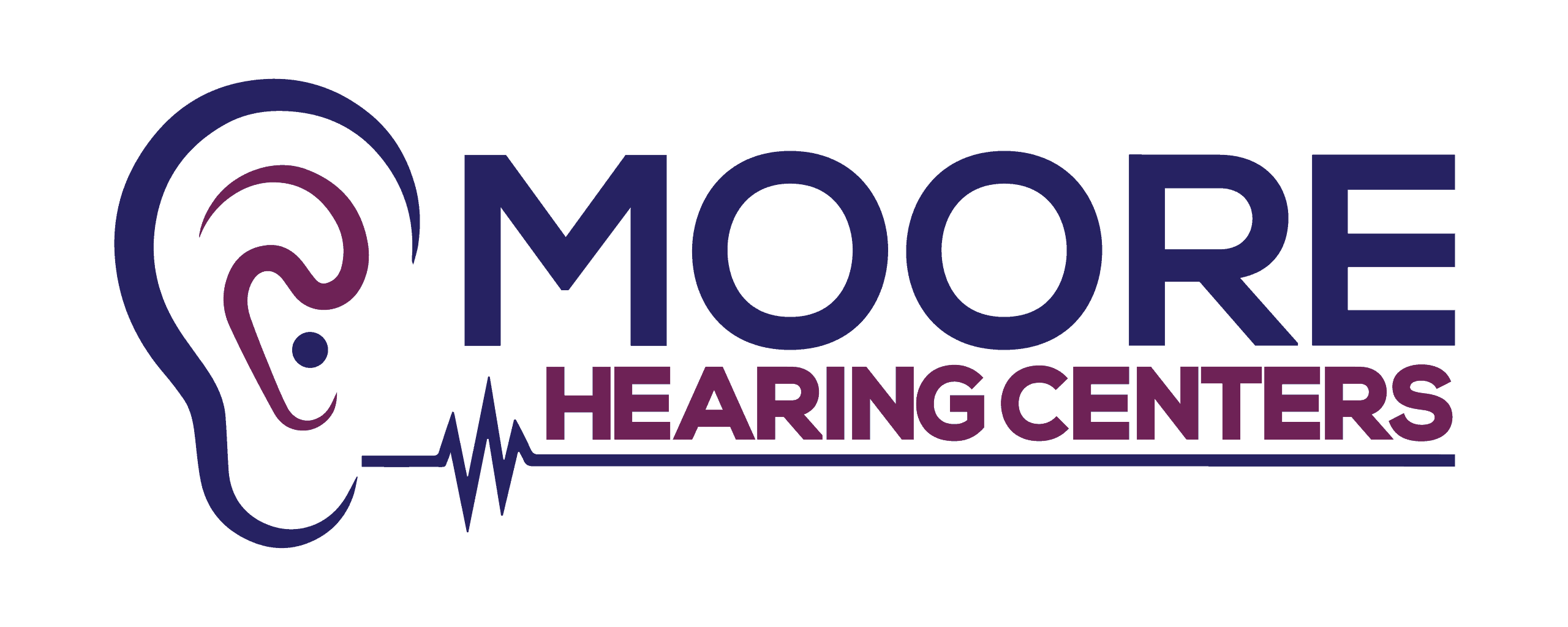What to Expect At A Hearing Test
An audiological evaluation is conducted to determine the extent and classification of hearing loss you may have. It is usually done by an audiologist, an expert who is highly trained in recognizing and treating hearing loss and other issues associated with the auditory system. Here at Moore Hearing Centers, Dr. Moore will conduct the hearing test with you!
During the assessment, Dr. Moore will evaluate your hearing ability and the auditory system overall from a battery of diagnostic tests. From your test results, he will be able to make conclusions about the comprehensive status of your hearing health.
The complete hearing evaluation is painless, easy, and comfortable. This entire process can take between thirty minutes to one hour and may differ for each individual, as everyone’s requirements are unique. Even if you don’t have to complete every segment of the exam, comprehensive hearing tests usually entail the following stages:
Stages of a Hearing Test
Health History
During the preliminary part of a hearing assessment, you may be asked a series of questions regarding your past and current medications, medical conditions if there is any history of hearing issues in your family, the levels and duration of noise you are exposed to, your pastimes, working experience, and any hearing concerns you are presently having. These inquiries are similar to the many questionnaires you have filled out at previous appointments for other medical conditions. This may also include a personal assessment of your perception of your hearing ability in different settings. With this data, our audiologist can gain insight into your performance in the next stages of the exam.
Otoscopy
The main purpose of an otoscopy is to investigate the outer portion of your ear to identify any blockages or impediments with an otoscope – a special probe that emits a beam of light from its tip. Obstructions can range from earwax accumulation to foreign objects lodged in the ear canal to various anomalies resulting from illnesses. Our audiologist will also inspect your eardrums and look for signs of scarring or perforation. Dr. Moore can and will remove obstructions if necessary, prior to any testing being done.
Tympanometry
Speech Testing
Air and Bone Conduction Testing
Comprehensive Hearing Examinations
Get In touCh
Schedule Your Appointment Now
Address
14633 N Del Webb Blvd
Sun City, AZ 85351
Phone
Message Us
drmoore@moorehearingcenters.com or submit a form here.
Fax: (623) 250-1599
Office Hours
Monday - Thursday:
8:00AM - 4:30PM
Friday:
8:00AM - 12:00PM
